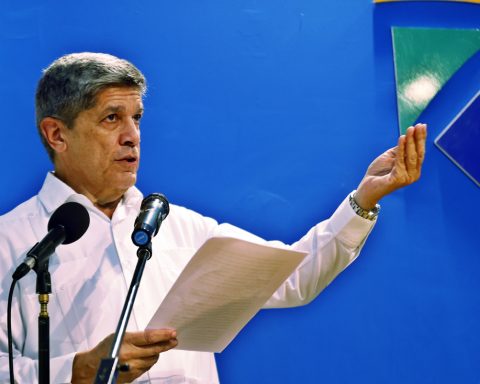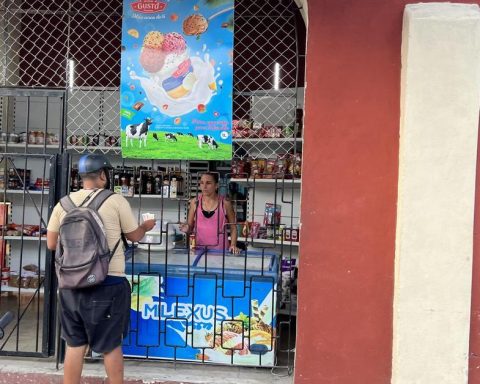April 23, 2024, 10:55 PM
April 23, 2024, 10:55 PM
Juan Jeffer Poquiviqui Aguilar
Recently, looking to escape the routine and hustle and bustle of the Bolivian metropolis, I immersed myself with my friends in the nostalgia of a tribute concert to Panda, a rock band that transported me to a time of dreams and aspirations. However, that feeling faded like a mirage, melancholy emerging when during a break in the show, the group’s opening acts surprisingly performed the song “Rosa Pastel” by Belanova. This song reminded me of the controversial TikTok trend, which reflects the concerns and experiences of many young people: nostalgia for a promising future and the harsh reality of job insecurity and lack of opportunities.
In this order of ideas and as Labor Day approaches in Bolivia, it is crucial to visualize the country’s labor panorama, which has been affected by various factors, such as political instability, the lack of foreign currency, the drought that hits the agriculture and unfavorable economic projections. Despite this, according to the INE, the official unemployment figure as of the third quarter of 2023 is 3.6%, a percentage that does not seem so alarming compared to the Latin American average. However, it is necessary to question whether this percentage reflects employment. decent, with social security and competitive salaries.
Considering the above, the Institute for Advanced Studies in Development maintained that in 2013, in Bolivia, only 18.8% of workers had formal employment, while in 2020 this figure was dramatically reduced to 13.8%. The result is that not even 14 out of every 100 workers in Bolivia were in the formal sector.
Now, despite the job insecurity, material reality seems to remain relatively normal, since there has not been a catastrophic economic imbalance that fuels social protests. However, this apparent calm is worrying; it is not for nothing that economists like Pablo Mendieta have had to raise the following question in his most recent article: “Are we in crisis or not?” Thus, this lack of reaction to the economic and employment situation could reflect passive acceptance or rather, it would mean that subsistence has monopolized the time of citizens who have not found the availability to concentrate on more options.
Therefore, it is not in vain to try to understand that the flow of money in a country is essential for its development, because when the population has income from decent work, they can consume products and services, which generates stability and creates new employment opportunities. This virtuous circle is activated when people have access to stable sources of income, mainly through formal jobs, which unfortunately the majority do not have access to.
Therefore, reflecting on how to ensure a flow of money that guarantees decent sources of employment is vital, especially for those who are new to the labor market. A situation that would not only benefit people individually, but would also have an impact on the country’s economy as a whole, reducing the gap between job expectations and reality, so that they do not have to resort to internet trends such as the , Pastel Pink, to express nostalgia for an uncertain future.


















